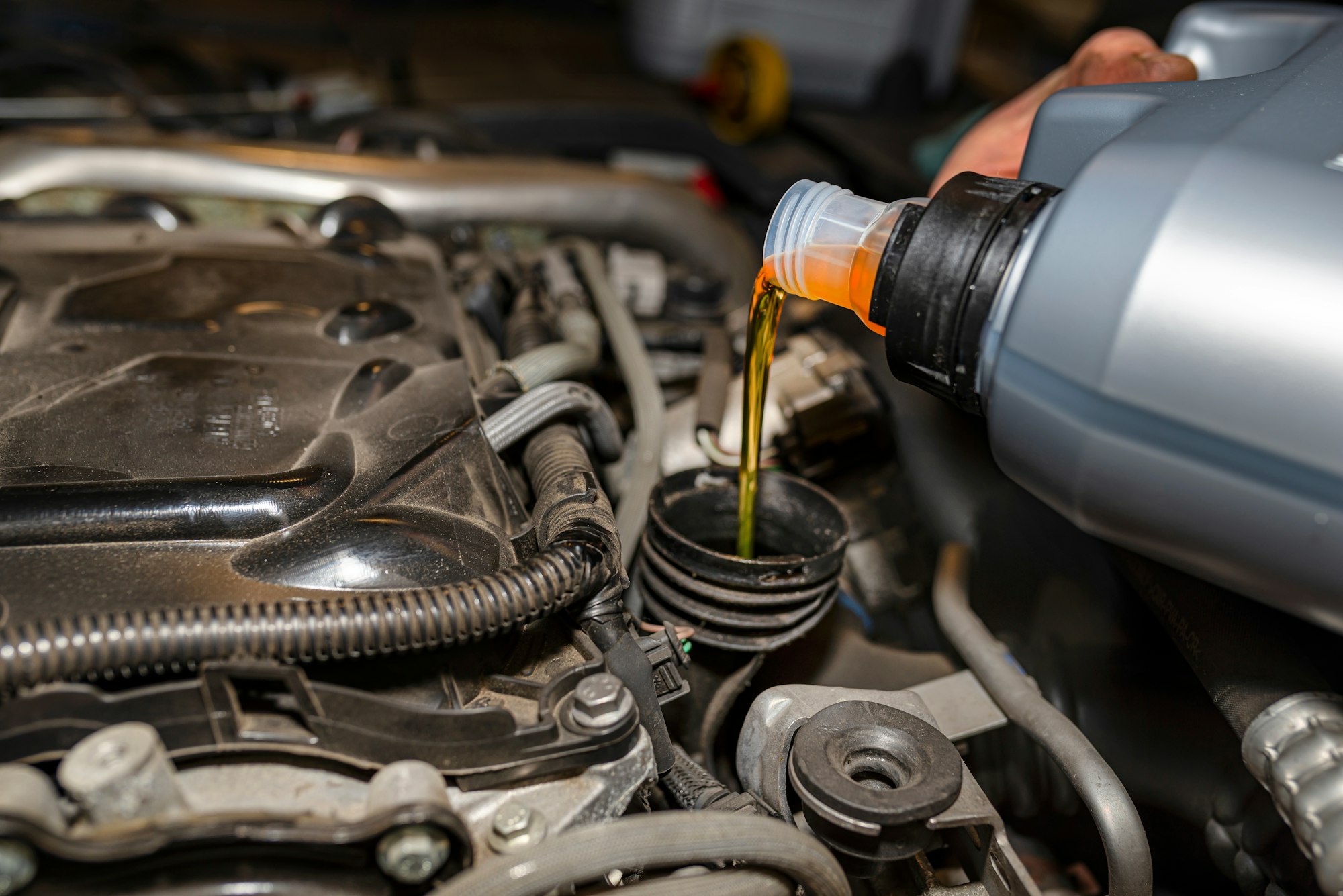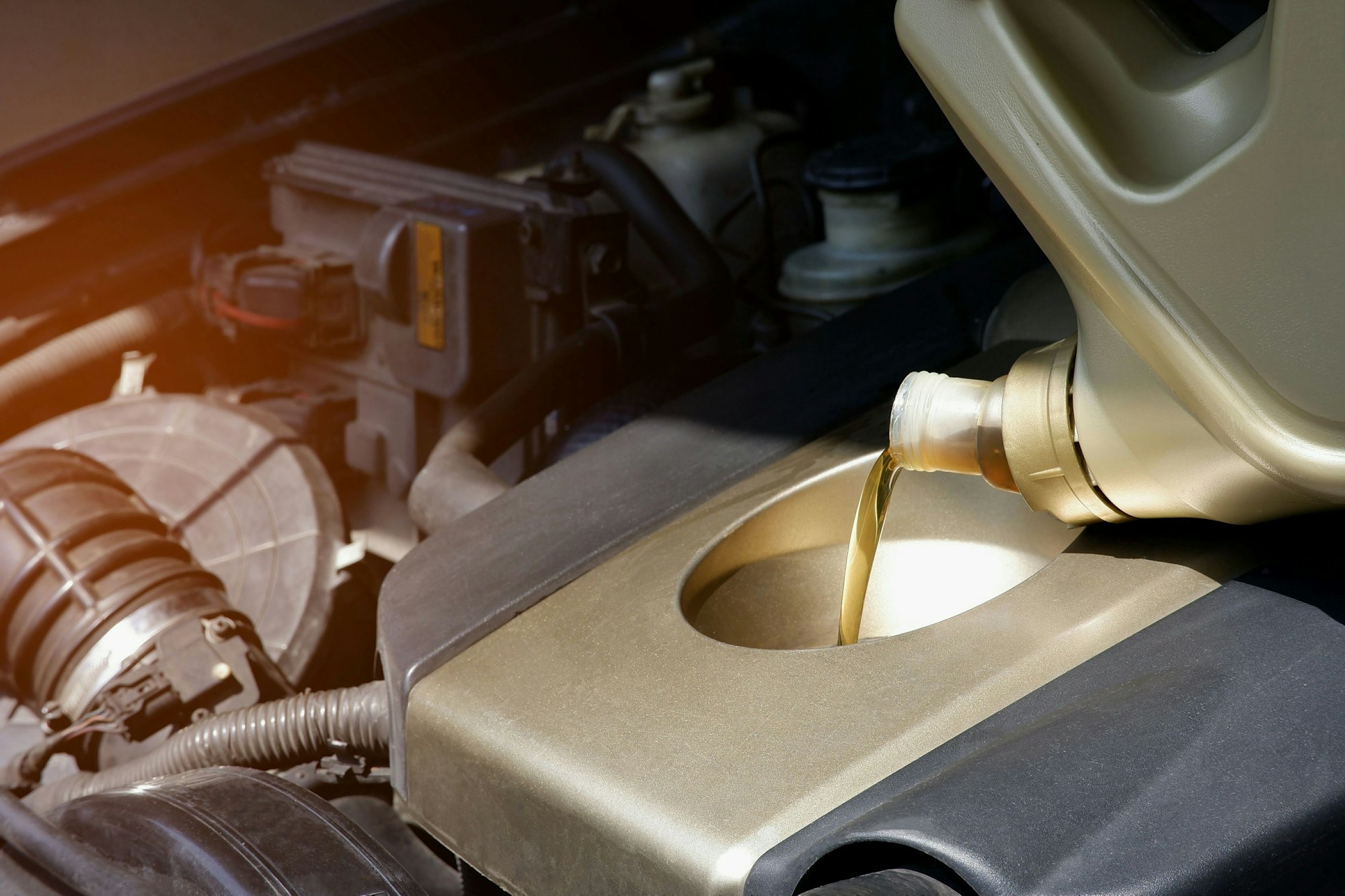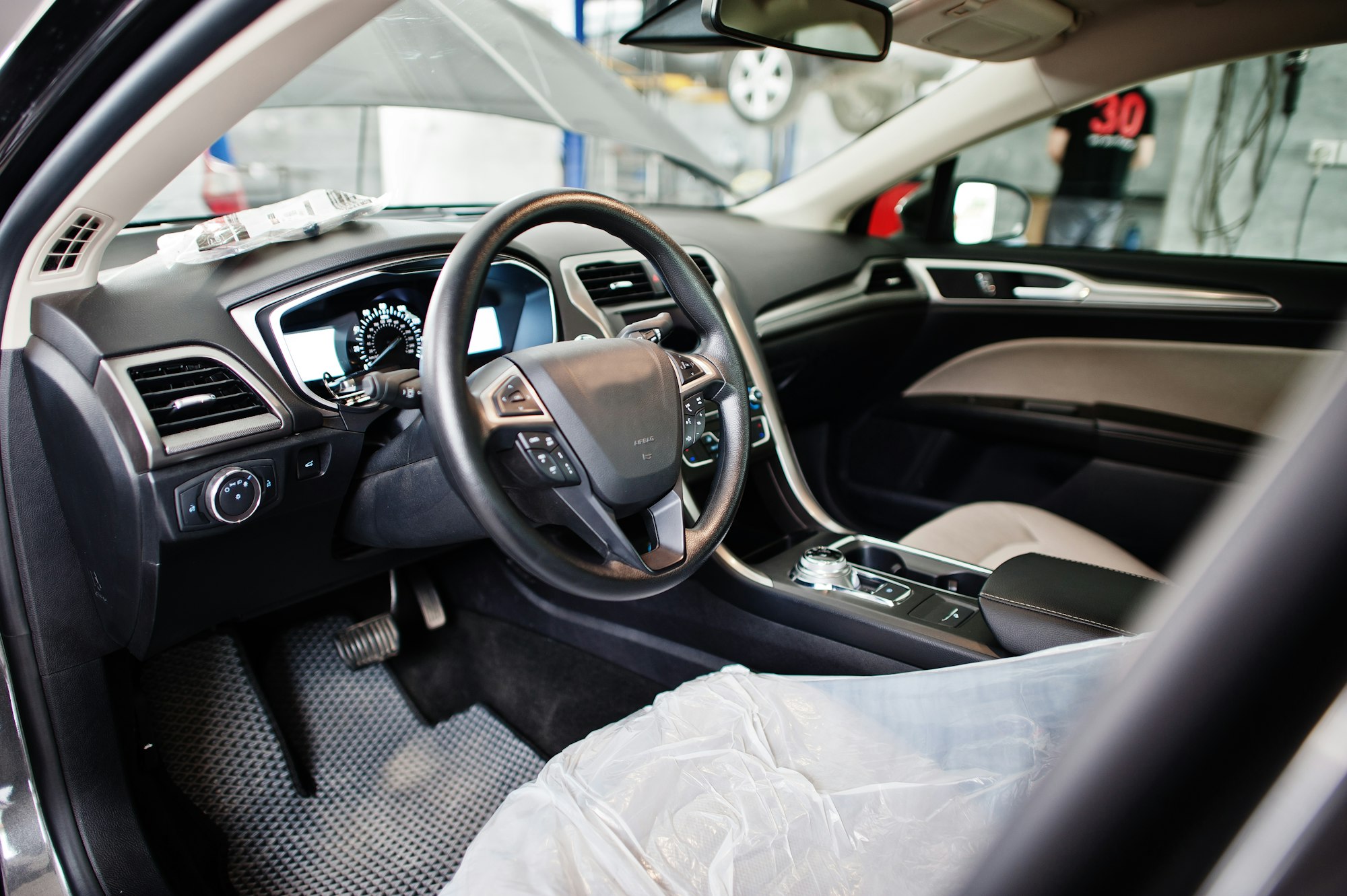When it comes to the maintenance of our vehicles, there are a few questions that tend to pop up frequently. One of the most common debates is whether or not it is safe to put oil in a hot car engine. With the hustle and bustle of our daily lives, it is not uncommon for us to forget to check our engine oil levels before heading out on a long drive. As a result, many of us have found ourselves in situations where our engine is hot and we are wondering if it is safe to add oil.
This raises the question: Can you put oil in a hot car engine? In this article, we will delve into the science behind engine oils and the effects of adding oil to a hot engine. We will also explore the potential risks and benefits of this practice, as well as provide expert advice on the best practices for maintaining your vehicle’s engine. So, buckle up and get ready to learn the truth behind this common automotive dilemma.
Importance of proper oil maintenance

Regular and proper oil maintenance is crucial for the optimal performance and longevity of a car engine. The oil in a vehicle serves as a lubricant, reducing friction between moving parts and preventing excessive wear and tear. Over time, however, oil can break down and become contaminated with dirt, debris, and other harmful substances. This can lead to a decrease in its lubricating properties, causing increased friction and potential damage to the engine.
It is essential to follow manufacturer guidelines for oil changes and use the recommended type and viscosity of oil for your specific vehicle. Neglecting proper oil maintenance can result in engine overheating, reduced fuel efficiency, and even engine failure, leading to costly repairs or the need for a complete engine replacement. By ensuring regular oil changes and monitoring oil levels, car owners can protect their engines and ensure optimal performance and longevity.
Waiting for engine to cool

When operating a vehicle, it is crucial to allow the engine to cool down before performing any maintenance tasks, including adding oil. This is because the heat generated by a running engine can cause the oil to reach high temperatures, which can be dangerous to handle and may affect its viscosity and performance.
Waiting for the engine to cool down allows the oil to return to a safe and manageable temperature. It is important to prioritize safety and avoid potential burns or spills when working with hot engine components. By exercising patience and allowing the engine to cool, car owners can ensure a safer and more effective oil change or maintenance routine.
Risks of pouring oil into heat

Pouring oil into a hot car engine poses significant risks that should be avoided at all costs. Firstly, the high temperature of the engine can cause the oil to vaporize rapidly upon contact, leading to the release of harmful fumes and potentially creating a fire hazard. Additionally, the sudden introduction of cold oil into a hot engine can result in thermal shock, causing stress and potential damage to engine components.
The rapid temperature change can also affect the oil’s lubricating properties, compromising its ability to protect vital engine parts from friction and wear. It is crucial to prioritize safety by allowing the engine to cool down before adding oil to prevent these risks and ensure the proper functioning and longevity of the vehicle.
Professional advice on car maintenance

When it comes to car maintenance, seeking professional advice is always a wise decision. Regular maintenance plays a crucial role in keeping your vehicle in optimal condition and maximizing its lifespan. Professional mechanics have the knowledge and expertise to identify potential issues, perform routine inspections, and recommend necessary repairs or replacements.
From oil changes to tire rotations, they can guide you on the appropriate intervals and procedures for each maintenance task. Additionally, they can provide valuable insights on preventive measures and best practices to ensure the overall health and performance of your car. By following professional advice on car maintenance, you can enjoy a safer and more reliable driving experience while minimizing the risk of costly repairs down the road.
Avoid engine damage and repairs

To avoid engine damage and costly repairs, it is important to follow a few key guidelines. First, always ensure that your car’s engine is adequately cooled down before adding oil. Attempting to put oil in a hot engine can result in the oil breaking down, losing its lubricating properties, and potentially causing damage to internal components. Additionally, it is essential to use the correct type and grade of oil recommended by the manufacturer for your specific vehicle.
Using the wrong oil can lead to poor engine performance, increased wear and tear, and even engine failure. Regularly checking and maintaining proper oil levels is also crucial, as running on low oil can cause excessive friction and overheating, leading to serious engine damage. By adhering to these practices, you can help ensure the longevity and reliability of your car’s engine, ultimately saving you from costly repairs and inconvenience in the future.
FAQs About put oil in a hot car engine
Is it safe to put oil in a hot car engine?
No, it is not safe to put oil in a hot car engine.
What are the potential risks or dangers of adding oil to a hot car engine?
Adding oil to a hot car engine can be dangerous because the oil can ignite and cause a fire. The high temperatures of the engine can cause the oil to vaporize and create a flammable atmosphere. Additionally, pouring oil onto a hot engine can lead to splattering and burns. It is always recommended to allow the engine to cool down before adding oil to minimize the risks associated with hot oil and a hot engine.
Can adding oil to a hot engine cause any damage or affect the engine’s performance?
Adding oil to a hot engine can potentially cause damage or affect the engine’s performance. When the engine is hot, the oil is also hot and more fluid. Pouring cold oil into a hot engine can cause rapid temperature changes, leading to thermal stress and potential damage to engine components. Additionally, the sudden change in viscosity may affect lubrication, reducing its ability to properly coat and protect engine parts. It is always recommended to let the engine cool down before adding oil to avoid any potential negative effects.
Final Words
It is not recommended to put oil in a hot car engine. Doing so can cause damage to the engine and potentially lead to costly repairs. It is important to follow the manufacturer’s recommendations for oil changes and to let the engine cool down before adding oil. Regular maintenance and proper care of your car’s engine can help prevent any potential issues and keep your vehicle running smoothly.
If you have any concerns about your car’s oil levels or engine temperature, it is always best to consult a professional mechanic for advice and assistance.

